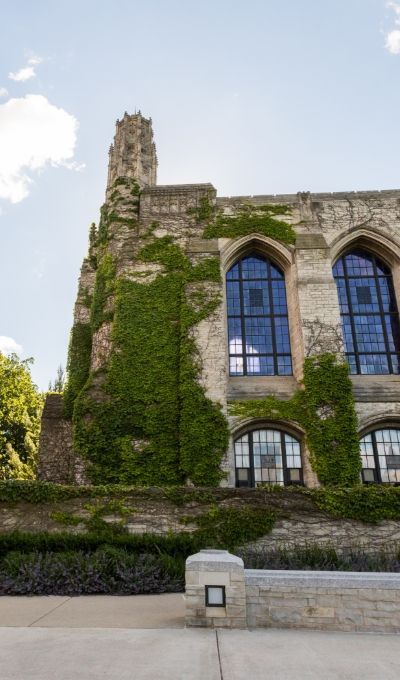Jumpstart Your Career, Explore No GRE Online Mental Health Counseling Programs:


MPCAC-Accredited Online MA at NYU. GRE Not Req.
Aspiring mental health counselors are prepared to pursue licensure with NYU Steinhardt’s MPCAC-accredited online counseling master’s. Students can earn their degree in as few as 21 mos. GRE not req.
- Prepare to become a mental health counselor
- Accredited by the MPCAC
- As few as 21 months to complete
- GRE not required
SPONSORED


Earn Northwestern’s CACREP-Approved Degree
Earn a CACREP-accredited master’s in counseling online from top-9 ranked1 Northwestern University.
1U.S. News & World Report: 2022 Best National University Rankings
- CACREP Accredited
- Earn your MA in Counseling from Northwestern in as few as 18 months
- Accelerated full-time, traditional, or part-time tracks available
SPONSORED
